Indigenous Governance Database
delegating responsibility
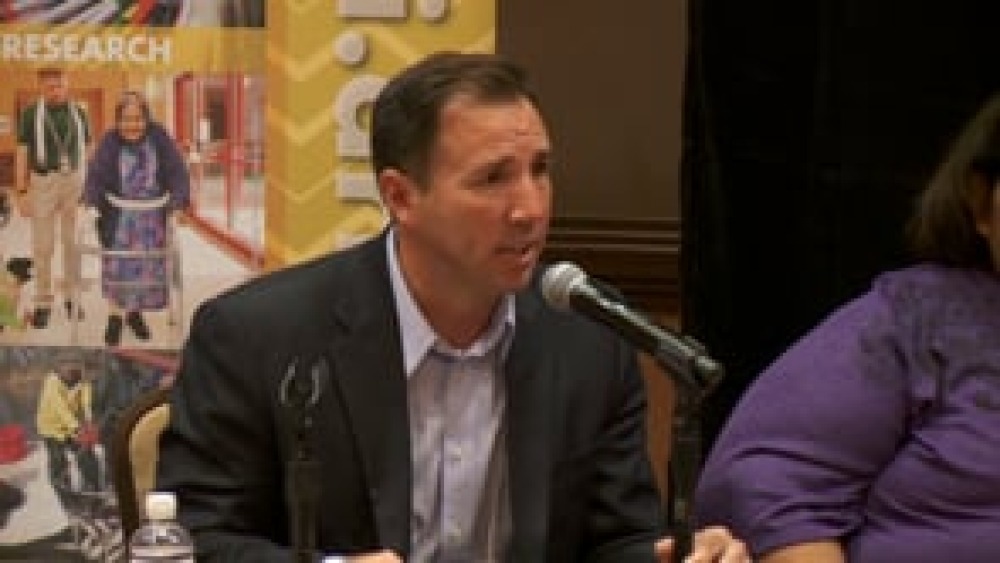
Catalina Alvarez and Robert McGhee: What I Wish I Knew Before I Took Office (Q&A)
Tribal leaders Catalina Alvarez (Pascua Yaqui Tribe) and Robert McGhee (Poarch Band of Creek Indians) field questions from seminar participants on an array of topics ranging from codes of ethics to creating mechanisms for transparent governance.
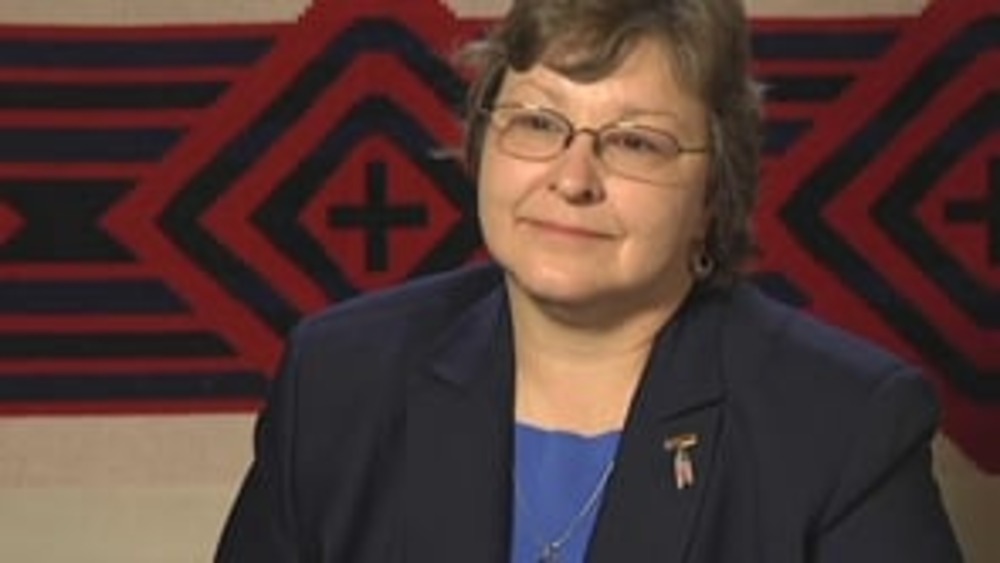
Karen Diver: Nation Building Through the Cultivation of Capable People and Governing Institutions
In this informative interview with NNI's Ian Record, Chairwoman Karen Diver of the Fond du Lac Band of Lake Superior Chippewa discusses the critical importance of Native nations' systematic development of its governing institutions and human resource ability to their ability to exercise sovereignty…
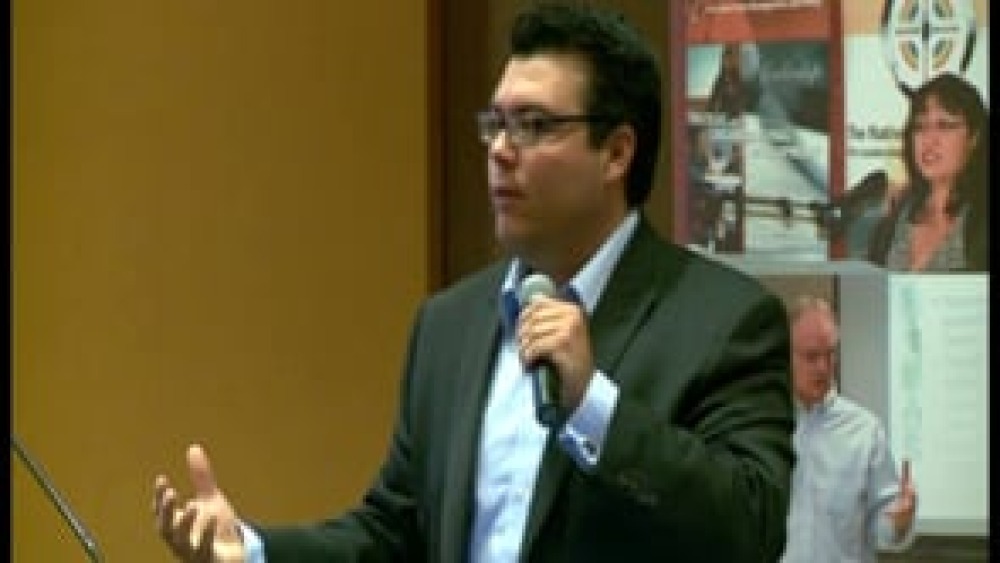
Adam Geisler: What I Wish I Knew Before I Took Office
Adam Geisler, Secretary of the La Jolla Band of Luiseño Indians, discusses the diverse set of challenges he faces as an elected leader of his nation and discusses some of the innovative ways that he, his leadership colleagues, and his nation have worked to overcome those challenges. He…
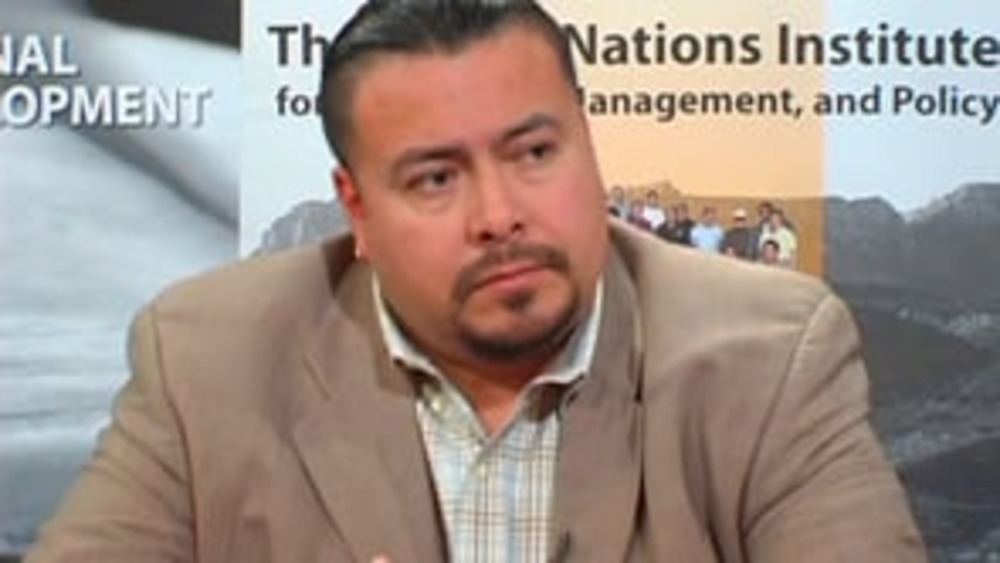
NNI Indigenous Leadership Fellow: Jamie Fullmer (Part 2)
Jamie Fullmer, former chairman of the Yavapai-Apache Nation, shares what he wished he knew before he first took office, and offers some advice to up-and-coming leaders on how to prepare to tackle their leadership roles. He also discusses what he sees as some keys to Native nations developing…
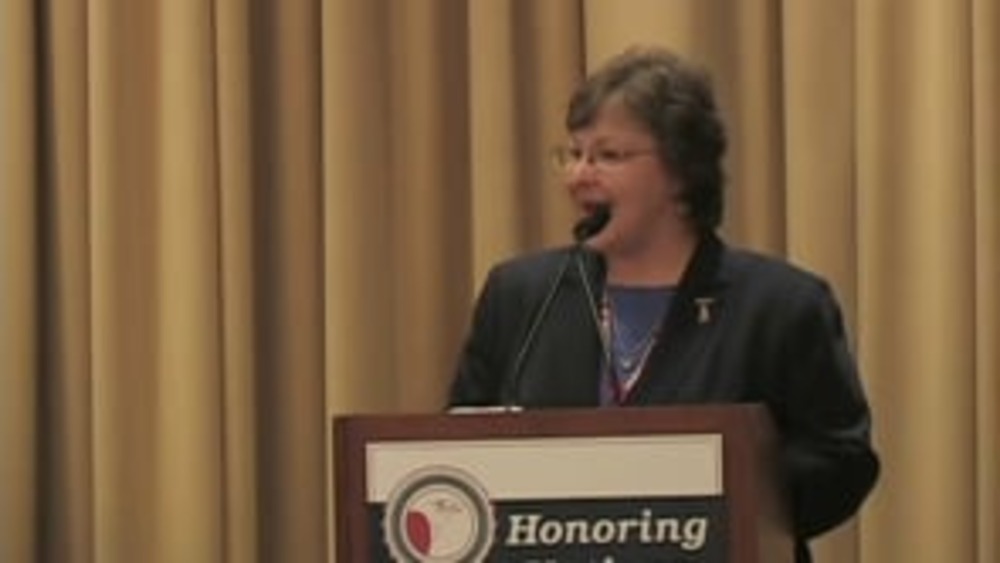
From the Rebuilding Native Nations Course Series: "Clarifying Roles and Delegating Responsibility"
Native leaders discuss the need for Native nations to define the distinct roles of elected leaders and administrators, and the importance of leaders delegating responsibilities to those appropriately charged with day-to-day administraion.
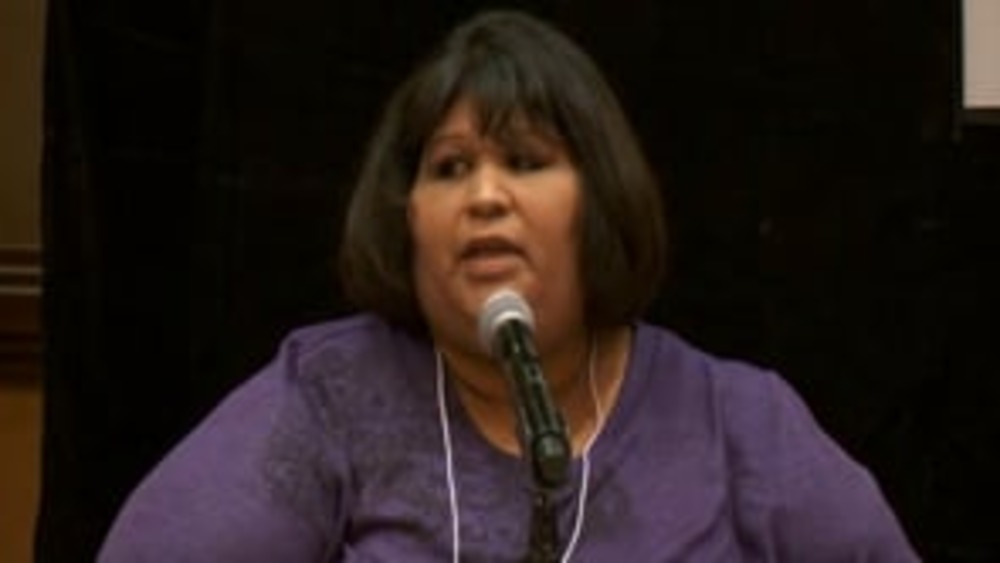
Catalina Alvarez: What I Wish I Knew Before I Took Office
Vice Chairwoman of the Pascua Yaqui Tribe Catalina Alvarez shares what she wishes that she knew before she first took office, and focuses on the importance of elected leaders understanding -- and confining themselves to performing -- their appropriate roles and responsibilities.
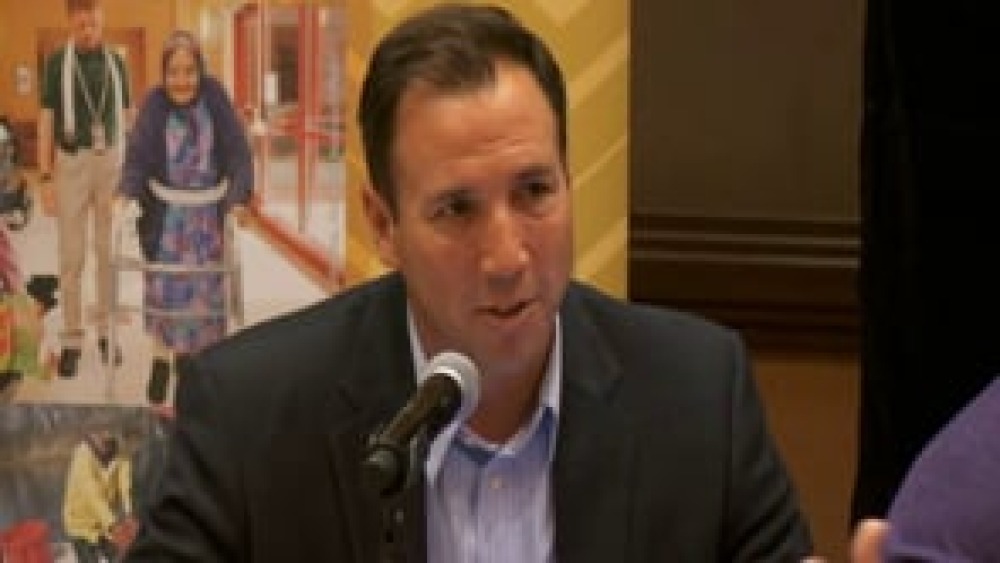
Robert McGhee: What I Wish I Knew Before I Took Office
Treasurer of the Poarch Band of Creek Indians Robert McGhee shares some of the things that he wished he knew before he first took office. He also discusses how he and his elected leader colleagues have built a team approach to making informed decisions on behalf of their constituents.
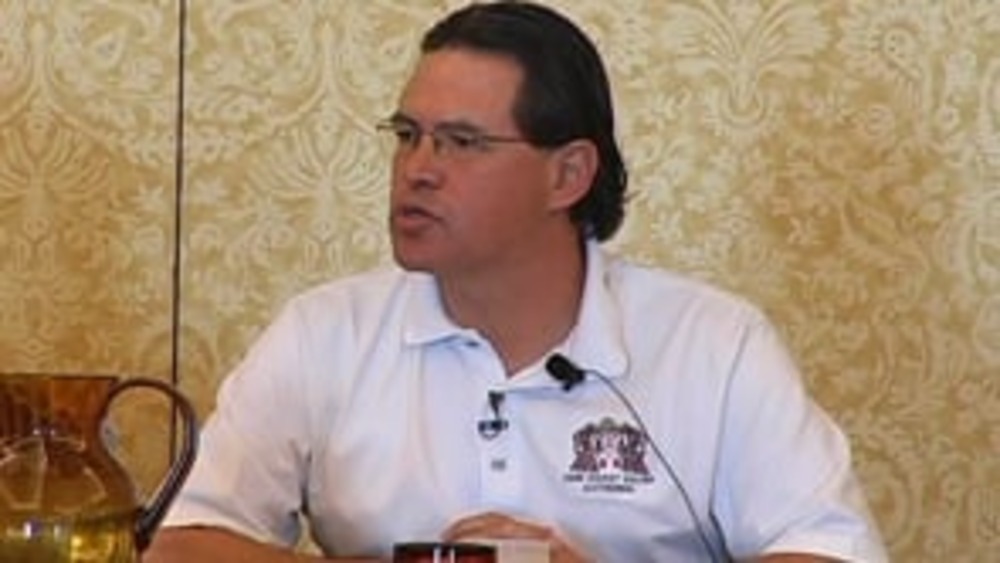
Brian Cladoosby: What I Wish I Knew Before I Took Office
Swinomish Indian Tribal Community Chairman Brian Cladoosby provides insight into his 25-plus years of service as an elected leader of his nation, and offers up-and-coming Native leaders important bits of advice for being an effective leader.
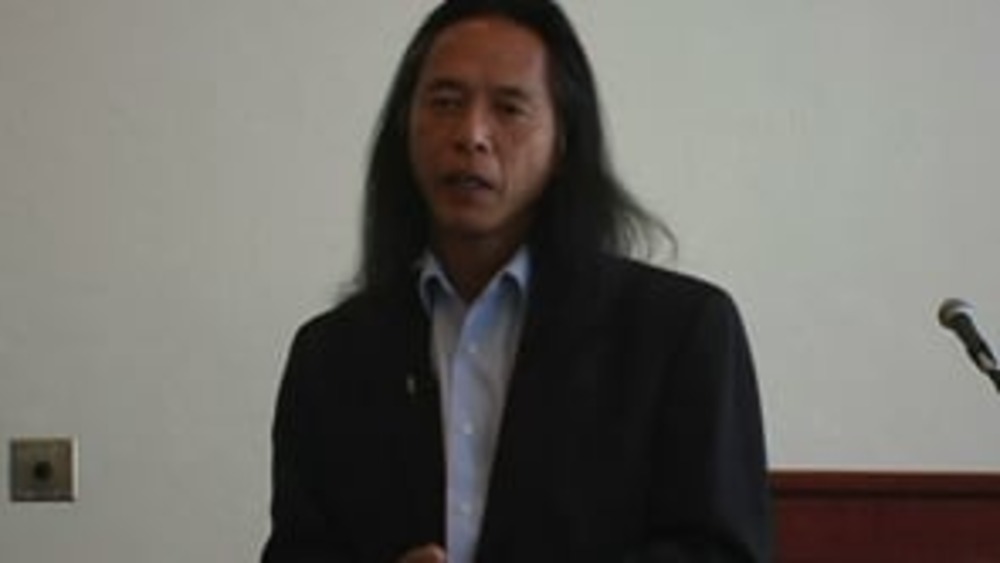
Ron His Horse Is Thunder: The Keys to Effective Governance and Economic Development: Predictability and Sustainability
Former Chairman of the Standing Rock Sioux Tribe Ron His Horse Is Thunder discusses why predictability and sustainability are so critical to effective Native nation governance and economic development.
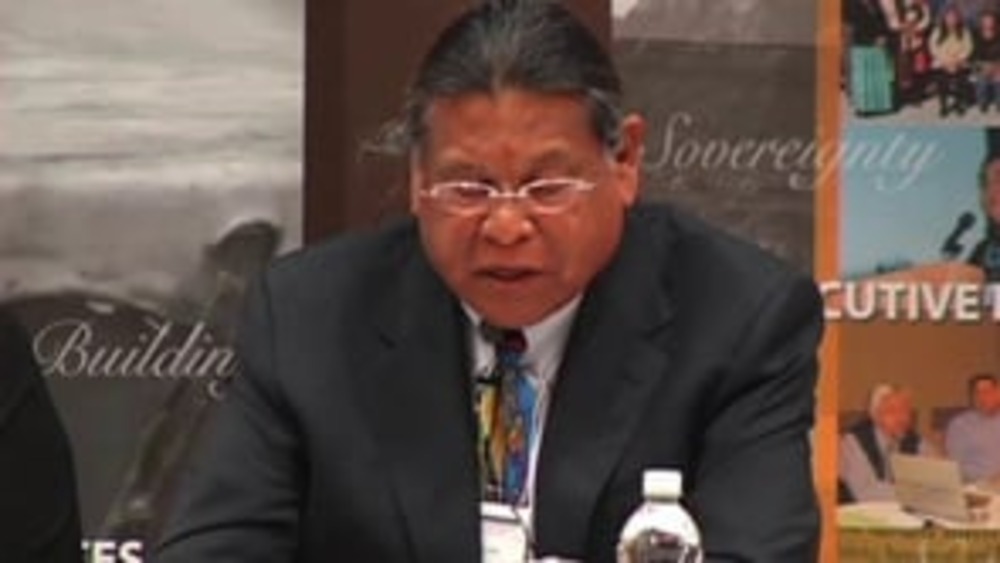
Anthony Pico: What I Wish I Knew Before I Took Office
Viejas Band of Kumeyaay Indians Chairman Anthony Pico reflects on his experiences as leader of his nation, and stresses the importance of Native nations strengthening their systems of governance in order to protect and strengthen their cultures and ways of life.
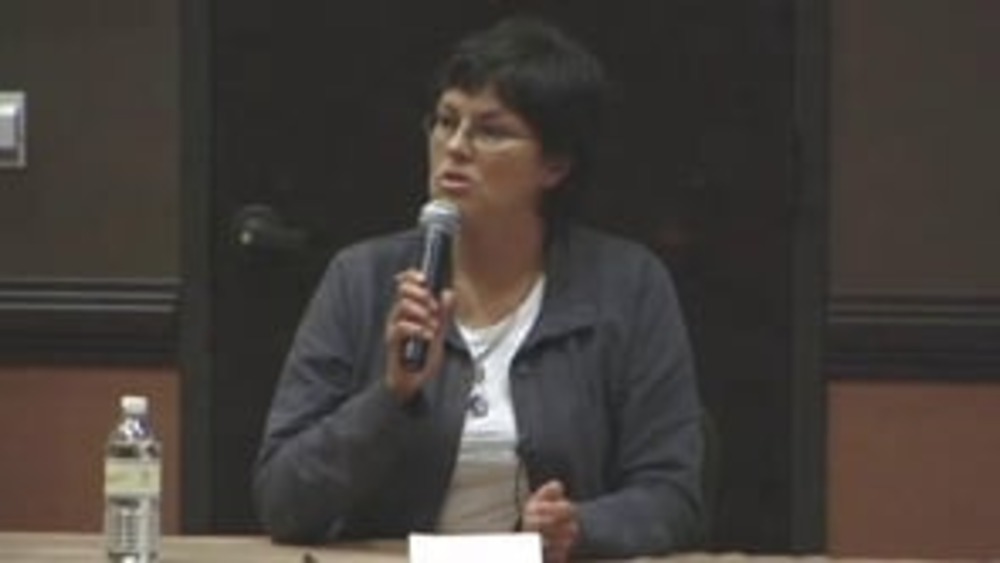
Patricia Ninham-Hoeft: What I Wish I Knew Before I Took Office (2009)
Oneida Nation Business Committee Secretary Patricia Ninham-Hoeft reflects on her role as a leader for the Oneida Nation and offers advice for newly elected leaders.
Karen Diver: What I Wish I Knew Before I Took Office
Fond du Lac Band of Lake Superior Chippewa Chairwoman Karen Diver shares her Top-10 list of the things she wished she knew before she took office as chairwoman of her nation, stressing the need for leaders to create capable governance systems and build capable staffs so that they focus on…
